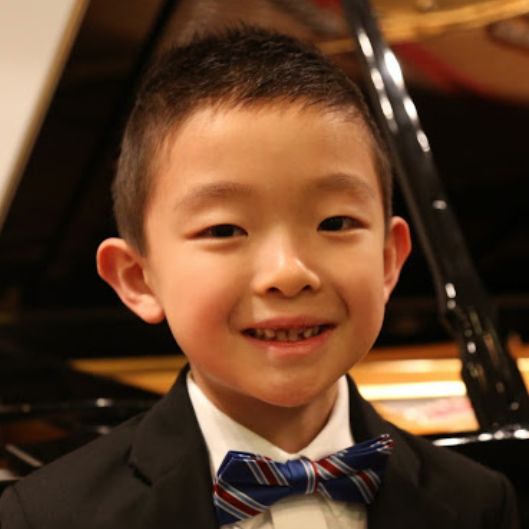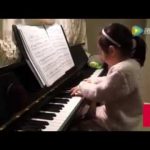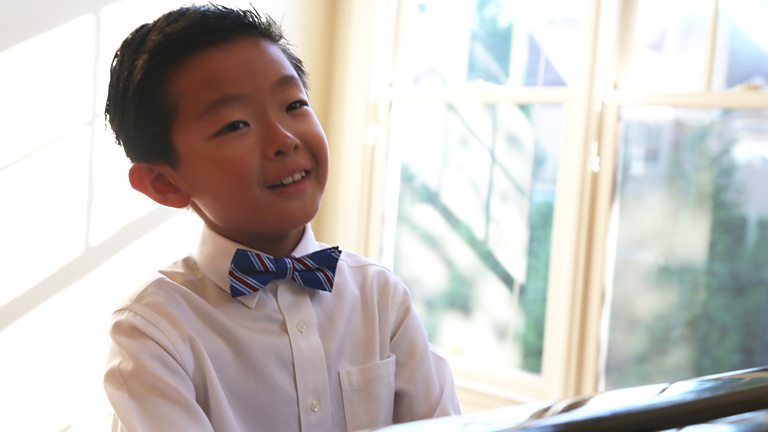
It seemed only natural that Dan was inaugurating a piano competition in this ambitious metropolis. Three years ago, during commemorations of what would have been Deng’s 100th birthday, the local authorities assembled 200 pianists aged 8 to 80 to play “Happy Birthday” to their patron saint. It was Dan’s idea to christen Shenzhen “piano city.” The municipal government trumpets that, within its boundaries, there are 93,760 versions of the instrument and 13,077 professors teaching 150,766 pupils. Under Mayor Xu Zongheng, it has rapidly obtained such state-of-the-art cultural implants as a new museum and a Japanese-built concert hall. It cannot claim much in the way of culture, but according to Dan, that is changing. SHENZHEN is the late Chinese leader Deng Xiaoping’s onetime experimental economic zone, a sprawl of high-rises and factories that boasts - at 8% - the largest number of Chinese “dollar millionaires” per capita. Then in October, I had the opportunity to test this assertion firsthand after being invited to China’s first Piano Concerto Competition, to be held in the city of Shenzhen. “By the time of graduation at 18, students can tackle big concertos by Liszt or Rachmaninoff,” he said. According to Dan, talented Chinese children typically start playing the piano at age 3 and can master Chopin’s etudes by 8 and a Mozart concerto by 12. Passing through London last year, I was lucky enough to meet one of China’s leading piano pedagogues, Dan Zhaoyi, who runs the piano department of southern China’s Shenzhen Arts School and has nurtured a number of the country’s top piano professionals, including the young international star Yundi Li. And in many cases, the investment pays off.

Moving lock, stock and barrel to be close to the best teachers, fathers give up careers in banks while mothers sit by the piano for eight to 10 hours a day, monitoring their children’s progress. Parents make huge sacrifices to ensure that their children emerge from their education suitably polished. For these people, the incentive to see their kids seated at a keyboard is less about artistry or copying the West than about producing offspring of demonstrable excellence. The sheer availability of pianos - one company alone, Pearl River, claims to turn out 280 every day - seems also to have focused many middle-class parents’ aspirations, especially in a country that still enforces a single-child policy. Those unable to make it through the tough entrance exams of the country’s nine overflowing conservatories opt for one of hundreds of private piano schools sprouting all over.

According to some estimates, as many as 15 million hopefuls in China - most of them young - are toiling to gain proficiency in this highly competitive skill, and the number is growing.

Among city dwellers, there’s been nothing like this enthusiasm since the ‘80s, when an embrace of the Japanese-originated Suzuki teaching method created a national army of child violinists. NO one paying attention to recent musical trends in Asia can have failed to notice it: The Chinese are crazy about piano playing.


 0 kommentar(er)
0 kommentar(er)
